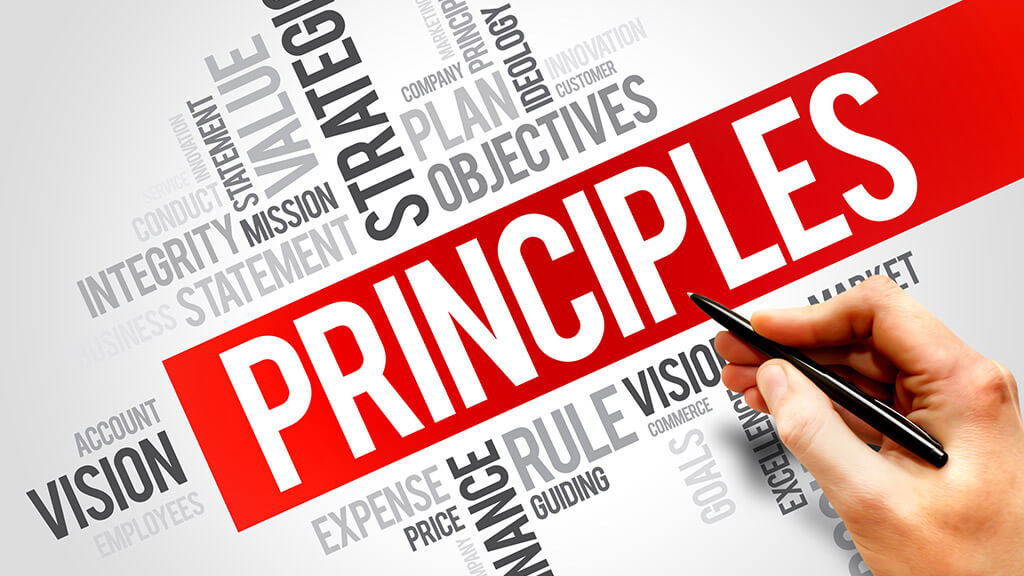Language is what allows us to communicate with each other and will therefore obviously change depending on which social groups we communicate with. I have adapted my language to all different varying social environments as a result. With my Swedish friends, I have found that I speak in a much more laidback and calm manner, due to our close relationship ever since we were around 5 years old. Through my research and analysis of my sociolect, I would say that my sociolect is quite varying and is often hard for me to realize as it has become second nature to me.
When speaking to friends I always shift the tone to that of a casual one, because it allows for a relaxing environment where the whole group feels calm and allows us to distance ourselves away from the continuous pressures of school. This is the complete opposite when working in group tasks in school, especially with people I don’t know that well as the language we use can easily allow for a judgment of a person. During these tasks, I predominantly use formal language as in a school setting one would like to appear as professional and therefore educated as possible.
When speaking Swedish I actually rarely change my sociolect, because of my lack of understanding of social and language norms in different groups and social situations in the utilization of Swedish. The only exceptions would be when speaking to teachers or elders as in those situations I am well versed in the tone of respect in my language.


When it comes to family I have found that the majority of my English in that sector would originate from new words which my parents learned at work while working and also using English for the first time in their lives.
My family has definitely had one of the smallest influences on my English language as I had and still rarely talk to them in English. However, when speaking Swedish with them I tend not to use complex and formal words and phrases. This would be due to the social environment having a shared sense of relaxation and in a way an attitude of carelessness towards formality.
Throughout this, I have come to wonder if even there is such a thing as an idiolect perfectly unique to one individual. We are always inclined to change our way of speaking depending on the social group communicating. If the method of communication always changes depending on the social constructs than a true form of an idiolect doesn’t exactly exist, the only form of which could be in your inner thoughts. I get that your idiolect is the specific use of languages, such as your use of vocabulary and phrases, but those always change depending on the social situation, and since all forms of communicating person to person have a social aspect then a true definition of an idiolect shouldn’t really exist.
To conclude I would state that my different sociolects vary in utilization every day. This is due to the fact that the international school which I go to is extremely diverse in cultures, nationalities, and languages and therefore has many different social groups and ways of communicating inside and between them.
Research:
Google Search, Google, www.google.com/search?q=principles&safe=strict&source=lnms&tbm=isch&sa=X&ved=0ahUKEwj7qoeEpu3kAhVXiXAKHQdFDnAQ_AUIEigB&biw=1356&bih=721#imgrc=9c1VRHBG-PopNM:
“Does Language Impact Personal Identity?” Languages, rampages.us/thyagarajana/2016/04/04/does-language-impact-personal-identity/.
Educator, The. “The Impact of Language on Learning.” The Educator K/12, 9 Aug. 2018, www.theeducatoronline.com/k12/news/the-impact-of-language-on-learning/253500.
“General Linguistics.” ELLO, www.ello.uos.de/field.php/Semantics/SemanticsDialectsandsociolects.






